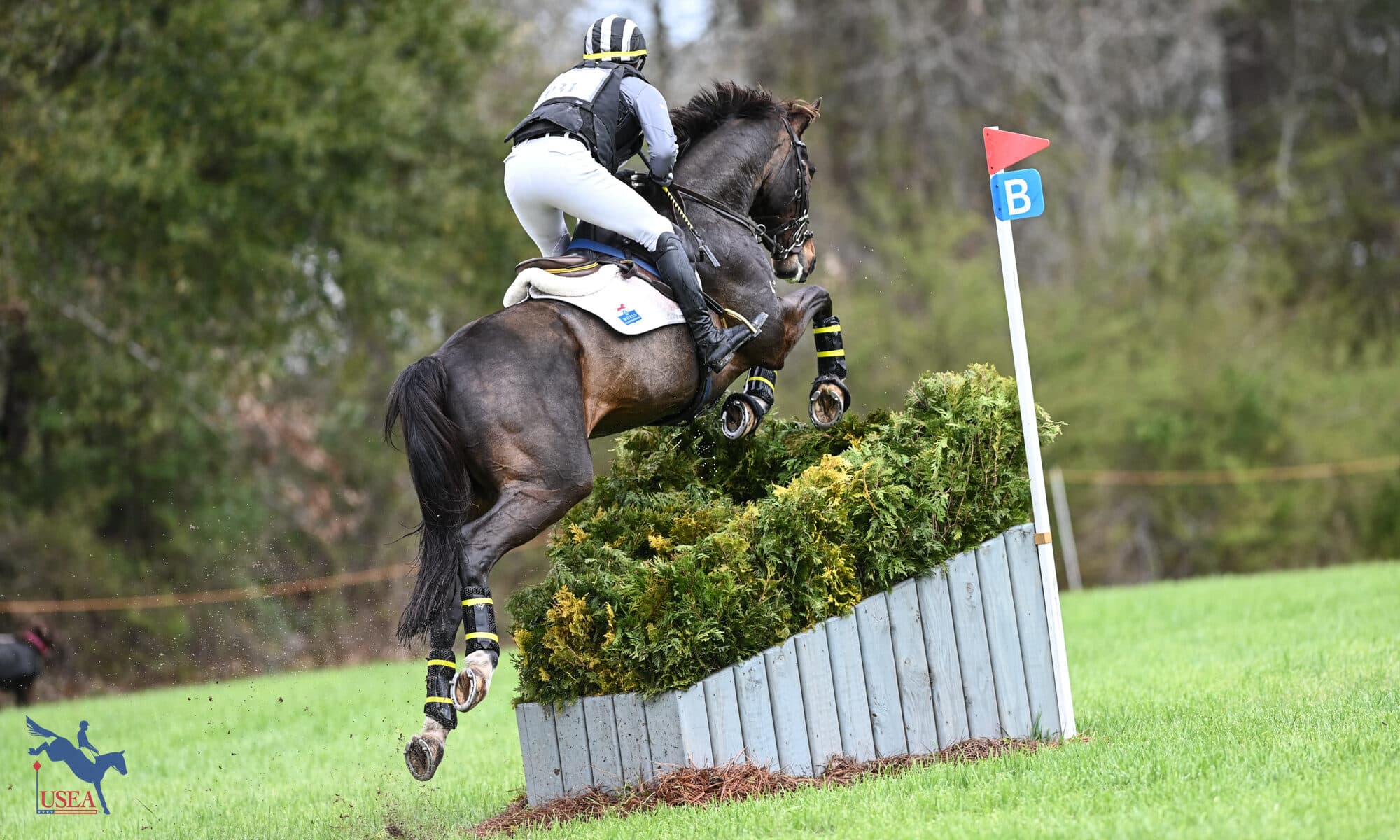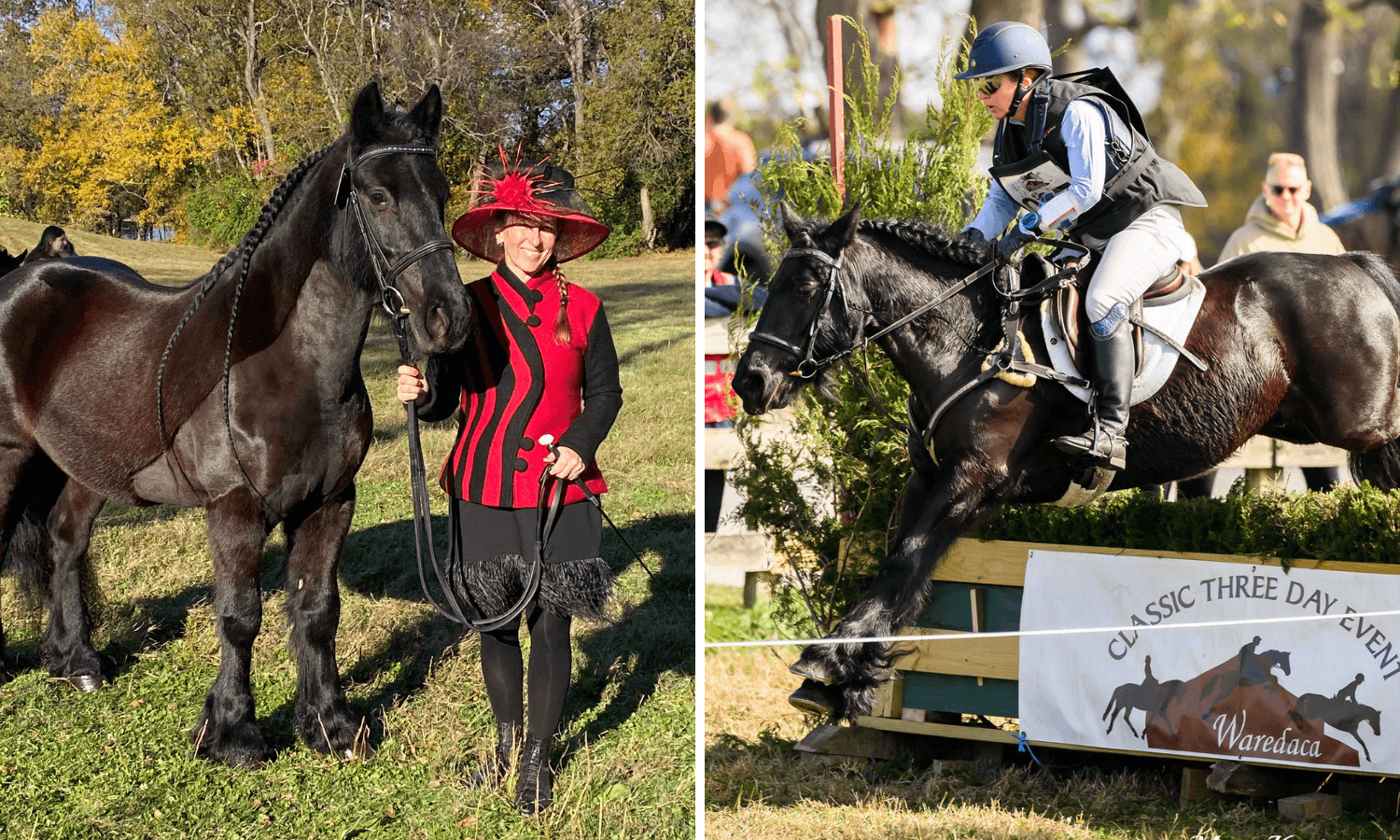Five Tips for Better Barn Communication this Season

The following is provided through a partnership between STRIDER and the USEA. As part of our commitment to diversity, enabling access, and building capacity throughout the industry we are pleased to provide this content to benefit the sport of eventing.
Communication is defined as the imparting or exchanging of information or news. Life with event horses often requires a great deal of information to be exchanged. From basic care to facility announcements, lesson schedules, competition plans, coordination of appointments with veterinarians, farriers, and body work professionals, there’s no shortage of information flying around.
Eventing is a team sport, but how do we ensure that the whole team knows what’s on the horizon? Are there enough hours in the day for eventing professionals to successfully communicate with their teams and existing clients while also reaching potential new clients? The short answer is yes, but it may take some adjustments to the communication systems currently in place. To step it up this season, consider some of the best practices we’ve outlined here.
1. Consider Your Goals
What is the information you are looking to relay? Consider whether the information is urgent or is something that may need to be referenced at a later date. Those factors will play a role in how you select your method of communication.
Let’s say you’ve mapped out your competition calendar for the coming season and want to loop your team in. Sending dates in a group text might not be the most effective way to provide an outline of what’s to come. Instead, try a shared Google Calendar which enables quick edits and can be accessed from any device.
2. Consider Your Audience
Missed details can cause a lot of frustration on both sides! Everyone has a preferred means of communication. For some it’s email, for others a text. Perhaps it’s a direct message on Facebook or Instagram. Across the board, the most effective way to help your audience absorb the information relayed is to deliver it in a format they can understand, and through a medium they already use.
If your intended audience doesn’t use or regularly check their social media accounts, a direct message on Facebook or Instagram with important information is unlikely to reach them unless they are reminded to check. If you operate a training facility with clients, make sure to discuss how they will receive communications from you and your team as well as what their preferred communication method may be.
3. Make Information Accessible
Policies, processes, basic contact information—these are the types of details that should be easy to access. Whether it’s to make things easier for existing clients or attracting potential new ones, use your website to answer frequently asked questions. When information is clearly laid out and easy to refer to, it can save a ton of hassle. Plus, you’ll save time on all of the tedious back-and-forth texting of questions you’ve already answered.
4. Keep it Concise
Relay information as clearly and simply as possible. Remember how much information we are constantly bombarded with each day. If you need something to stick, pare down the details to a message that is simple and concise.
5. Back Up Face-to-Face Interactions
Work to have systems in place that reinforce your message. If you had a conversation about an upcoming appointment, reinforce it with something written—and make sure your intended audience knows where and how to access that written information.
While these best practices can be helpful in building a framework for better communication, you’ll want to also consider which tools you can leverage to best get your point across. The needs of your business, or even your horse- will vary, so be sure to consider options and remember that while communication is key, it’s certainly not one size fits all.
STRIDER is the leading entry platform across disciplines for the equestrian industry.
From enabling riders to discover and book the perfect opportunity to helping equestrians across the industry grow and run their businesses, STRIDER fosters connections to top-tier experiences. Please visit www.striderpro.com to learn more about the suite of software products and services available.















